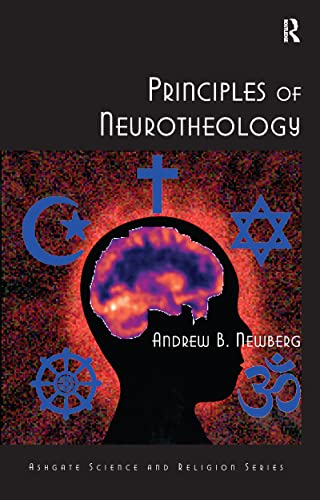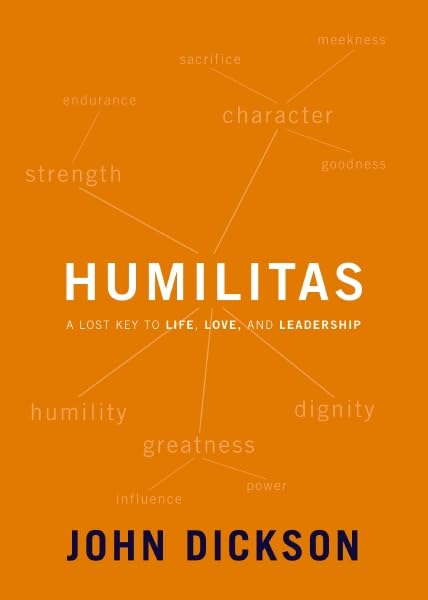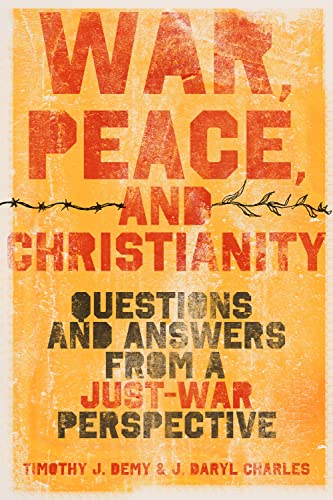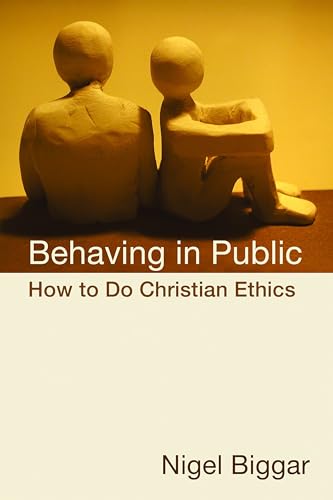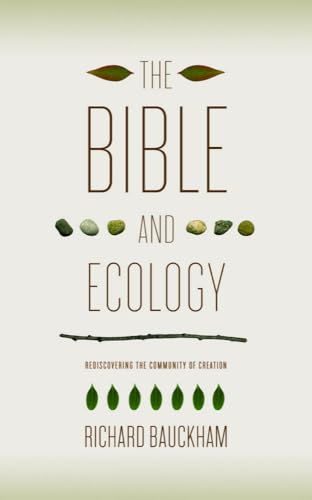The Deity of Christ
Written by Christopher W. Morgan and Robert A. Peterson, eds Reviewed By G. A. DietrichThe Theology in Community Series assembles scholars to write about a topic across various disciplines. The Deity of Christ is the third book in this series (with more planned and forthcoming), which tries to do theology communally, or in teams. This volume starts with practical theology, addresses Christ's deity in the OT and NT, then historical and systematic theology, finishing with apologetic and missional approaches. Those contributing to this volume are Stephen Nichols, Raymond Ortlund Jr., Stephen Wellum, Andreas Köstenberger, Gerald Bray, Robert Peterson, Alan Gomes, and J. Nelson Jennings.
This volume in particular grows out of a realization that the doctrine of Christ is central to theology and that all of theology flows from it. The editors have put this volume together because they believe “nothing is more important than whether or not Jesus Christ is God. If Jesus is not God incarnate, then Christianity is not true; if he is, then it is true” (p. 20). Many past and present cults deny Christ's deity.
Nichols's chapter on Christ's deity in contemporary American culture is helpful and articulate. He demonstrates that from entertainment to unhelpful and unthoughtful writers, contemporary culture has contributed to the perverted doctrines of Christ's deity today. Drawing from Stephen Prothero, Nichols suggests that the church has moved from a creedal Jesus to an eventual Jesus liberated from Christianity and the Bible (p. 27).
Ortlund in his contribution on “The Deity of Christ and the Old Testament” uses eight passages that indicate: (1) passages that do not reveal the deity of Christ, (2) passages that do reveal the deity of Christ, and (3) passages that are not clear enough to make a judgment whether they speak to the deity of Christ. Overall Ortlund's argument is perhaps the hardest to demonstrate but one of the more helpful once it is grasped.
Steven Wellum and Andreas Köstenberger handle the deity of Christ in the NT chapters, specifically looking at the Synoptic Gospels, John's Gospel, the Apostolic Witness, and the letters to John and Revelation. Wellum's treatment of the kenosis in Philippians is perhaps the standout of these chapters with Köstenberger's insights to the letters of John a close second.
The most helpful chapter in this volume is clearly Bray's look at the deity of Christ throughout church history. Bray suggests that some people throughout church history have questioned the deity of the Christ because the NT is not as clear as some of the creeds and confessions of the church have been. Bray demonstrates, clearly and fairly, that Christ's deity was no invention of the church fathers and that the discussion surrounding the formation of creeds was more about the expression of the deity rather than proving the deity.
Following Bray's chapter is perhaps the least helpful of the book by Robert Peterson on the deity of Christ in systematic theology. This chapter promised to be one of the most important and helpful in the book since the topic lends itself to a good systematic treatment. However, Peterson's offering seemed like a combination of Wellum, Köstenberger, and Bray. Peterson missed an opportunity to systematically synthesize the biblical material on the deity of Christ. Many, if not most, of the texts Peterson builds his chapter around had already been dealt with in the previous chapters. This is probably no fault of his own, but a reflection of poor editorial work.
The final chapters by Gomes and Jennings provide helpful commentary on the contemporary implications of Christ's deity. Gomes' look at Christ's deity in the cults is insightful and helpful. Cults such as mormonism, Uniterian Universalism, the Jehovah's Witnesses, and modalistic monarchianism are given a good overview. Gomes essay is concluded well with an excellent section on the theistic implications of holding to cultic views of Christ's deity. Jennings' work on the deity of Christ in missions and world religions was a great follow-up to Gomes' essay and solidified the contemporary look at Christ's deity that Nichols introduced in the first chapter.
Despite the weaknesses found in Peterson's essay on systematic theology this work as a whole is a helpful addition to the other works addressing the deity of Christ. The work, while scholarly, remains accessible to the layman. Each chapter in the work could stand on its own, but as a compendium they fuel each other's arguments and build a strong, comprehensive whole.
G. A. Dietrich
G. A. Dietrich
Northland International University
Dunbar, Wisconsin, USA
Other Articles in this Issue
Evaluating a new English translation of the Bible can be extremely difficult...
In the November 2009 edition of Themelios, Dane C...
Jonathan Edwards (1703-1758) is remembered today as a saint, scholar, preacher, pastor, metaphysician, revival leader, theologian, Calvinist—the list goes on...
Almost two decades ago I wrote an essay titled " When Is Spirituality Spiritual? Reflections on Some Problems of Definition ...
He was the youngest son of elderly parents. His childhood was secluded and unhappy, which might in some measure account for his lifelong melancholy...



